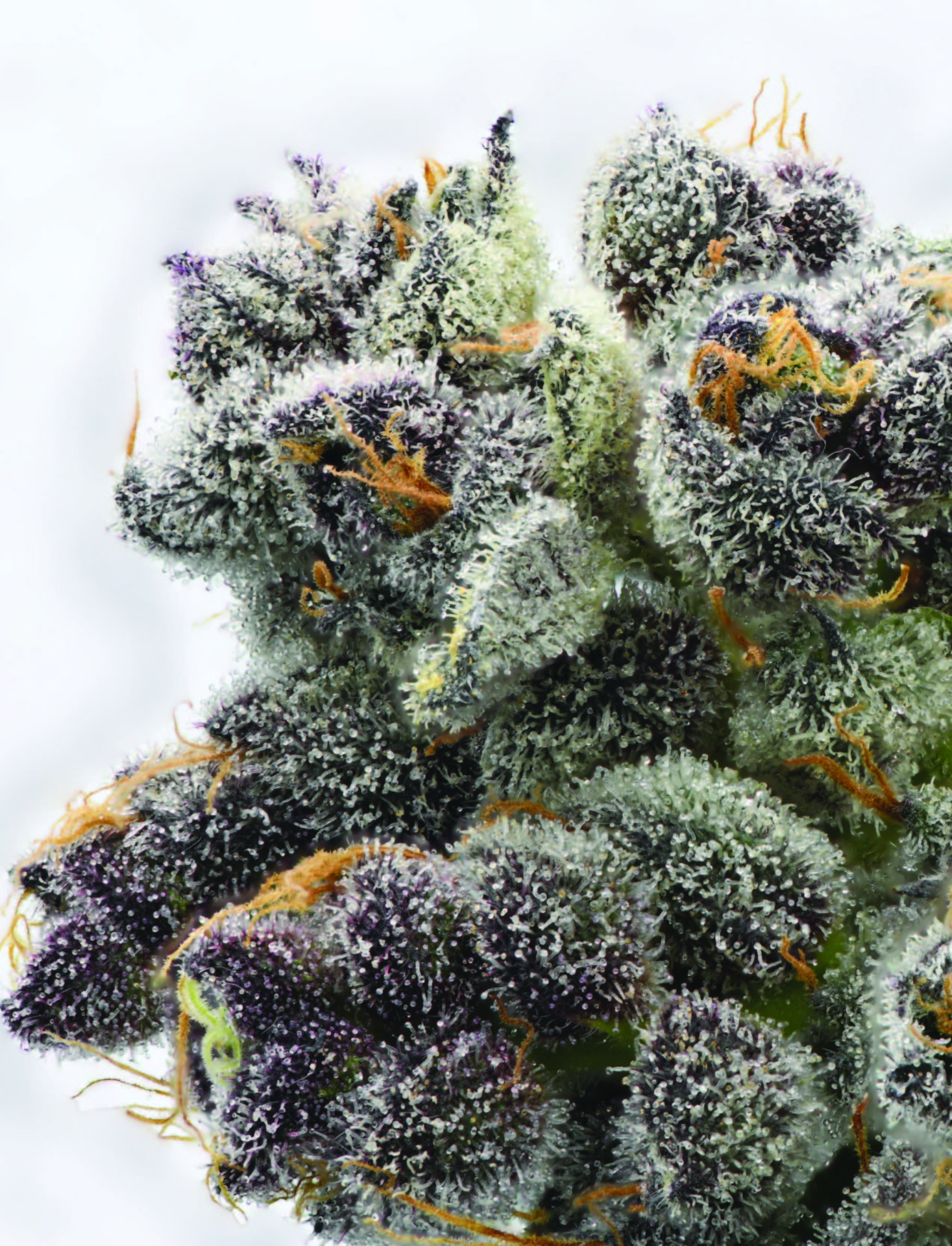By Jonathan Lewis Smith
Any medical patient could tell you the benefits marijuana provides to them. Yet, in the past, critics of marijuana have been dismissive of the plant’s effect as a medicine; mainly because personal experience is not enough to convince courts and doctors’ associations that marijuana is anything more than an intoxicant. There has not been enough research, and with marijuana classified as a Schedule 1 Drug research is difficult to start.
in the past. On January 15th 2017 the National Academy of Sciences, created by Abraham Lincoln in 1863 to “investigate, examine, experiment, and report upon any subject of science” released, ‘The Health Effects of Cannabis and Cannabinoids: The Current State of Evidence and Recommendations for Research,’ an analysis of over 10,000 scientific cannabis studies conducted since 1999. The report, which was crafted by a committee of professionals, and available on the National Academy’s website, comes with definite conclusions and recommendations for future research and marijuana policy. From now on, the conversation around marijuana is going to get very real. First and foremost, the therapeutic and medicinal qualities of marijuana are certain. Besides being an effective form of basic pain relief, marijuana is shown to reduce muscle-spasms in patients with multiple sclerosis and conclusively helps chemotherapy patients prevent nausea and vomiting, particularly when the marijuana is ingested orally and not smoked. On the smoking front, Great News! There is zero evidence that smoking marijuana causes the specific cancers associated with smoking tobacco products”, although the jury is still out for certain testicular cancers. While a victory for medical marijuana advocates, the report also contains diverse findings that raise greater concern in areas that matter to everyone. It is scientifically proven that marijuana impairs driving skills, and makes motor vehicle accidents more likely. The statistical increase of unintentional ingestion of cannabis by a child is quite scary in states with legal marijuana, and while it isn’t proven yet that being high is more likely to cause ‘occupational injuries’ at work, it is important people take responsibility seriously. Frequent marijuana use does not seem to effect a persons immunity to illness and disease positively or negatively, but has been ‘associated with more frequent chronic bronchitis episodes and worse respiratory symptoms, such as chronic cough and phlegm production’ while smoking. On the Mental Health side of things, marijuana is both known to exacerbate bi-polar disorder and increase the risk of developing schizophrenia, other psychoses, and social anxiety disorders, and to a lesser extent depression.” While evidence exists marijuana helps some people with mental disorder focus, this finding is worth knowing for patients and recreational users alike. In a section called “phychosocial” it was concluded “that learning, memory, and attention are impaired after immediate cannabis use,” though not after stopping smoking. Furthermore, many risks in academic achievement, education, social roles, and employment increase as marijuana is introduced at young ages, signifying an important awareness that needs to develop in this age of available marijuana. Though the report has been circulating amongst some of the national news agencies, not everyone is bound to applaud its findings. Numerous problems could arise for future policymakers as people rightly worry over the impact of marijuana on their children and community, and the debate between medical and recreational use still rages despite marijuana’s progress in some states. And with the inauguration of Donald Trump and the Republican majorities in Washington D.C. there is reason to believe a repeat of Reagan’s War on Drugs could resurface in the sea of “alternative facts.” While certainly a viable addition to the economy, conservative forces could easily return to federal crackdowns on dispensaries and the defunding of medical research programs. The question is: Will republicans stop valuing personal responsibility? Yes National Academy’s report is making waves, but there have been thousands of ripples guiding marijuana policy towards this moment for years. Part of the report details the need to expand research in the marijuana field, and but if people don’t arm themselves with the facts its possible Marijuana cold be simply labeled a “Drug” and thrown into political turmoil for years. What this reports demands is a clear understanding on part of marijuana users between the plant’s value as a medical “drug,” like penicillin, and its entirely different value as a recreation “Drug.” This is the time when people can stop having opinions on marijuana start dealing with the facts. Advocates must be vocal if they want to capitalize on this report. As a medical or recreational consumer, you have science in your pocket but must offer responsibility to use it. After all, once something is real enough it can no longer be ignored.

















